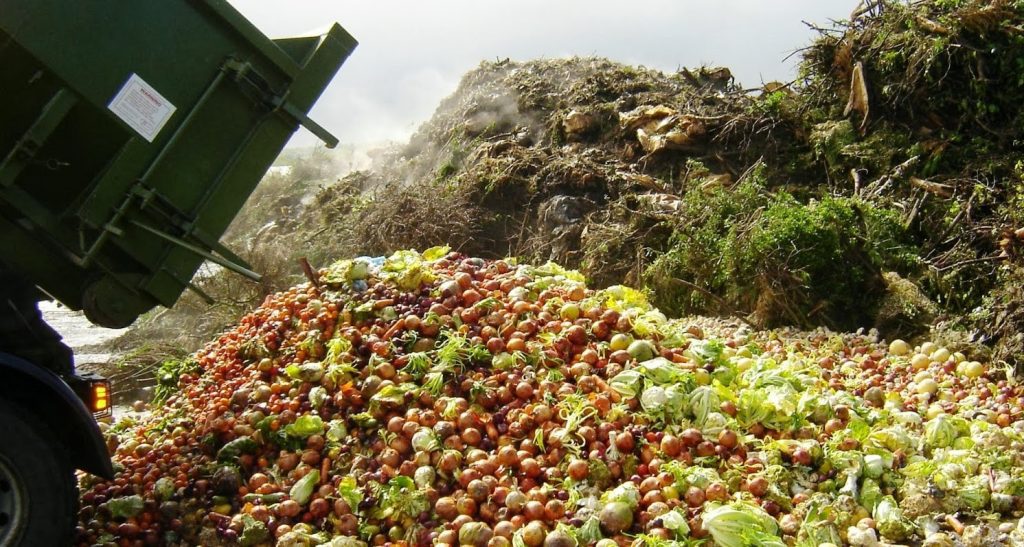In Nigeria, the journey from farm to market for perishable vegetables has become a constantly perilous one, marred by the challenges posed by inadequate infrastructure, particularly the state of the country’s roads. The impact of these challenges is felt not only by farmers, but also by consumers, who face the consequences of reduced product quality and increased prices. For instance; the quality of greens is often compromised due to bruising and wilting during transit.
The road dilemma
Bad roads have long been a hindrance to the transportation of agricultural produce, and perishable vegetables are no exception. Farmers cultivating greens, carrots, cucumbers, potatoes, peas, and other delicate crops often find themselves at the mercy of poorly-maintained or non-existent road networks. For instance, in the Southwest region of Nigeria, farmers in Oyo and Ogun states struggle with transporting leafy greens like spinach and lettuce. The journey from farms to markets, which should ideally be a smooth transition, becomes a race against time as the vegetables quickly lose their freshness due to prolonged transportation on rough roads.
Examples of crop losses are:
1. Leafy greens: Farmers cultivating spinach and lettuce have reported significant losses, with up to 30% of their harvest compromised during transportation. These greens are particularly vulnerable to bruising and wilting, rendering them unsuitable for sale upon reaching the market.
2. Carrots: Carrot farmers in states like Plateau and Benue face challenges delivering their produce to markets in Lagos and other urban centres. The bumpy roads contribute to breakage and spoilage, leading to a considerable reduction in the quantity of carrots available for consumers.
3. Cucumbers: The transportation of cucumbers from farms in Kano and Kaduna to major markets in cities, is often plagued by delays and damage. Cucumbers are sensitive to rough handling and can easily lose their appeal, nutritional, and market value during transit.
4. Potatoes and peas: Farmers cultivating potatoes in Plateau and peas in Taraba states encounter difficulties transporting their harvest to southern regions. The perishable nature of these crops makes them susceptible to decay, and the extended travel times exacerbate the problem. See the video of some spoilt vegetables due to protracted delays on bad roads …
Economic implications of continuous losses of vegetables
The repercussions of these losses are felt throughout the supply chain, especially on the pockets of consumers. Farmers, already grappling with the uncertainties of weather and market demand, face financial setbacks due to diminished yields. Consumers, on the other hand, experience increased prices as the reduced quantity of available produce is unable to meet the demand. This most times leads to inflation amidst scarcity of the produce.
The future of perishable agro-produce
Addressing the issue of bad roads cannot be neglected or underrated, which necessitates a collaborative effort from government agencies, local communities, and stakeholders in the agriculture sector. Investing in road infrastructure, implementing efficient transportation systems, and providing support for farmers to adopt better storage and packaging practices, are essential steps toward mitigating losses.
As Nigeria strives for food security and economic growth, addressing the challenges faced by farmers in transporting perishable vegetables is crucial. The success of the agriculture sector relies not only on cultivating bountiful harvests, but also on ensuring that these harvests reach consumers in optimal conditions. By tackling road infrastructure challenges head-on, Nigeria can pave the way for a more resilient and vibrant agriculture sector, ensuring that fresh, nutritious vegetables reach the tables of households across the nation.

